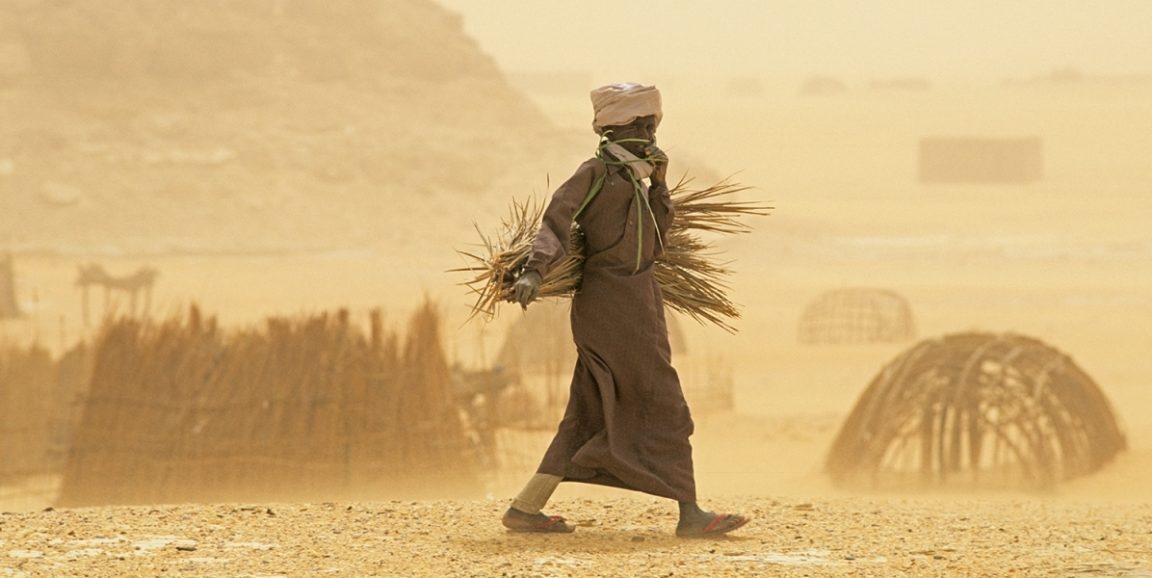Environmental science and medical researchers at Stanford and UC San Diego have collaborated on a new study, published recently in Nature Sustainability, that explores how dust pollution in the air contributes to infant mortality in Sub-Saharan Africa.
"Even small increases in dust can lead to large increases in infant mortality," said the study's senior author, environmental scientist Marshall Burke, PhD, in a video about the research from the Stanford Woods Institute for the Environment.
The study, which focused on children living in Sub-Saharan Africa, found that a 25% increase in local annual mean particulate concentrations in West Africa causes an 18% increase in infant mortality. Tiny particles in dust also impair young children's growth.
Challenges to protecting children from air pollution
There are several challenges to trying to protect infants and children from air pollution. For example, many homes in developing regions of Africa have open windows or are made from permeable materials, and much of the pollution comes from non-manmade sources.
Mineral-rich dust blowing from the Bodélé Depression, a basin in the Sahara Desert located in Chad, is a prime contributor to air pollution. The amount of dust depends on rainfall in the Bodélé region, which may fluctuate in future years as a result of climate change.
"Is there really anything you can do to keep all this dust from blowing in?" Burke asks in the video. His team came up with a somewhat unconventional option: "What we can do is we put sprinklers out there," he said. "We pump up the groundwater, and we put sprinklers out and we dampen the ground."
A press release issued by the Woods Institute provides more details:
The researchers estimate that deploying solar-powered irrigation systems in the desert area could avert 37,000 infant deaths per year in West Africa at a cost of $24 per life, making it competitive with many leading health interventions currently in use, including a range of vaccines and water and sanitation projects.
Several other Stanford scientists, including Stanford Medicine global health expert Eran Bendavid, MD, contributed to the project.




